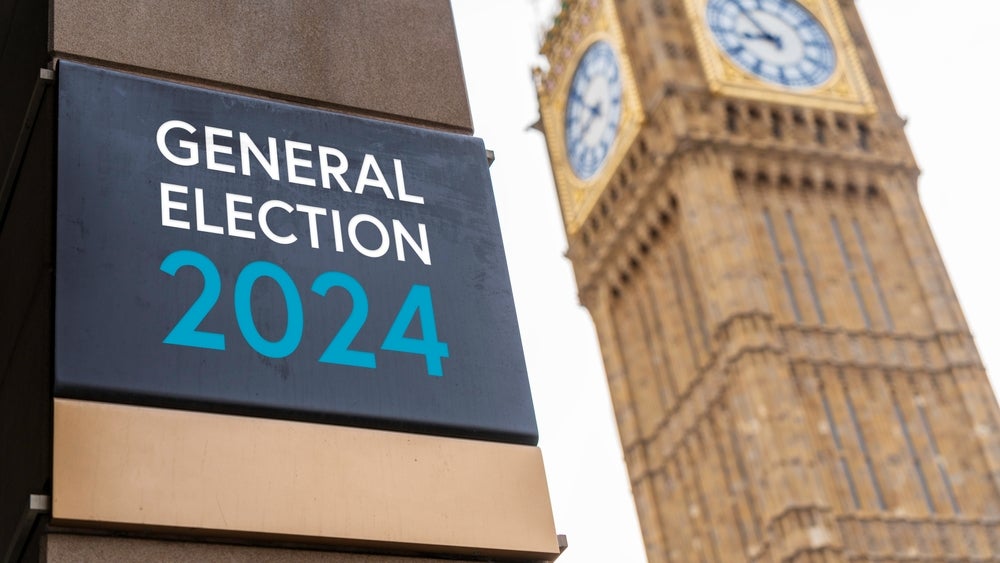Lessors seeking to reduce deal
terms from 15 to 5 years.
Further uncertainty in the UK rail
market exists as the future of a number of major projects remains
clouded, including the Intercity Express Programme (IEP), which was
to replace the current fleet of Intercity 125s and 225s, as well as
Crossrail and Thameslink – all of which potentially mean big
business for lessors operating in the UK.
And rumours have been circulating recently that
the IEP is effectively “dead in the water”, while Thameslink
and Crossrail could see fleet sizes cut by 50% or more.
“I don’t know if anybody other than politicians
thinks these projects are going to happen [in their current form],”
a source said.
“Roscos were recently asked what it would cost
to ‘life-extend’ the existing high-speed train fleet to 2025, at
which point it would be at least 50 years old.”
How well do you really know your competitors?
Access the most comprehensive Company Profiles on the market, powered by GlobalData. Save hours of research. Gain competitive edge.

Thank you!
Your download email will arrive shortly
Not ready to buy yet? Download a free sample
We are confident about the unique quality of our Company Profiles. However, we want you to make the most beneficial decision for your business, so we offer a free sample that you can download by submitting the below form
By GlobalDataThe possible sale of HSBC Rail (see Leasing Life, February
2010) could also mean shifts in the arena if its new
owners decide to rein in or, indeed, try to increase its market
share – although HSBC Rail itself has continued to refuse to
comment, either on the sale itself or on the market in general.
Another source added that he believed the
previous government had been “sitting back” over the last year to
18 months, saying financing volumes had been “nowhere near” the
levels seen a decade ago and more.
What is more, the source said, passenger levels
have not risen at the rate expected, meaning potentially there is
neither the scope nor the funding to build new trains.
“There is a question over whether the
government should go ahead with the procurement of more rolling
stock – that is being reviewed,” the source said.
He added that it has been “extremely difficult”
for lessors to get hold of capital, meaning companies – reportedly
including roscos – are focusing more on “life-extension” of current
stock than on seeking new deals.
The Department of Transport (DfT) categorically
denied any significant curtailment of either Crossrail or
Thameslink in terms of carriage numbers but admitted it was
awaiting a report from Sir Andrew Foster on “the value for money of
the [IEP] and the credibility and the value for money of any
alternatives which meet the programme’s objectives”.
It also denied the IEP has been put on hold
indefinitely, as some sources suggested.
Nevertheless, it has been reported that
European lessors are not even registering interest in projects like
the IEP and Crossrail as stock has not yet been built and it is not
clear when, or if, it will be.
Their reticence is apparently partly because of
restricted access to capital, and partly because funders are
seeking to reduce typical deal terms from between 7 and 15 years,
to between 2 and 5 years – a period which may not even cover the
time it will take to order and build new stock.
One source at a German transport lessor said:
“Banks are having trouble refinancing cheaply for longer terms.
“If it’s a very large project, costing €500m or
€1bn, it could take three, four or five years [to build the trains]
– that is very unattractive for the funder.”
The fact therefore seems to be that funders –
in the UK and on the continent – are not willing to look that far
ahead as long as the barrier of restricted capital access remains
in place.
The purchase of new rolling stock was to fall
under the government’s High Level Output Specification programme
(HLOS), which the DfT announced was on hold as of 24 May. An
“urgent reappraisal” of the programme was ordered on 3 June.
A spokesman for the department said: “We will
rigorously re-assess the business case for each HLOS procurement in
the light of the changed circumstances, reviewing all the options
to ensure that we deliver value for money for taxpayers’
money.”
The spokesman neither confirmed nor denied
that the government’s focus would be on “life extending” existing
stock up to 2025.







